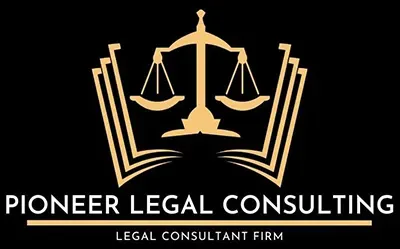Read Our Frequently Asked Questions
Do I need to continue to make my solar payment while going through the cancellation process?
If your solar panels are not working, you may still be contractually required to make loan payments, but that does not mean you are without legal options. The FTC’s Holder Rule allows you to use the seller’s misconduct as a defense against the lender, creating a path to stop payments when your system fails to deliver. While withholding payment may affect your credit in the short term, it does not weaken your legal claim.
In the end, this is a personal decision. While we can help you navigate a potential forbearance and will make note to the credit reporting agencies that your contract is being contested, it can still make a temporary negative impact on your credit. If continuing to make the payment is a financial hardship we’ll still advocate on your behalf and help navigate repairing the credit afterwards.
Can you work on contingency or can I pay afterwards?
No. No service can operate without payment for the significant timeframes this process can take.
Contingency circumstances are unique in that are reserved for instances that would result in massive monetary recoveries. While cancelling the loan may be a large scale monetary victory, often no actual money changes hands. For instance, you may owe $100,000 and a full cancellation is technically a $100,000 victory, but there isn’t any monetary exchange, we’ve simply eliminated a huge debt that you incurred and no money changes hands.
How long will this take?
There are many factors that influence this answer. The process to resolve a solar panel loan dispute typically begins with a 60-day demand period, followed by potential arbitration that can take several months to over a year. We move swiftly at each stage to help you reach the best outcome as efficiently as possible.
The company that installed my system is bankrupt or out of business. How can you help?
If your installer is out of business and your finance company is refusing to offer help with problems, this can actually strengthen your case. Your finance company could be just as responsible as the company who sold your system. The FTC’s Holder Rule allows you to hold your lender legally responsible if your solar company fails to deliver on its promises.
Is there a statute of limitations for me to receive help?
Yes. Every state has a different statute of limitations and many have different dates of origination. Whether it’s the date you signed your contract or the first sign of trouble, you want to begin the process as soon as possible so the mechanics of working through your situation doesn’t eliminate your possibility of cancellation or recovery.
Will I have to go through arbitration?
Roughly 80–90% of solar panel lawsuits settle before reaching arbitration, but timing varies. We’ll stay persistent through the process to ensure the most efficient and favorable outcome available.
What is arbitration?
Arbitration is a private legal process required by most solar contracts, preventing homeowners from taking disputes to court. While it limits some legal options, it offers a faster resolution and can still lead to loan cancellations and financial settlements.
Can I talk to satisfied clients?
We cannot share the details of individual solar panel settlements because most lenders require nondisclosure agreements. These agreements are designed to prevent setting public precedents that might encourage a wave of similar legal claims.
We respect what you’ve already been through to much to ask you to risk your outcome, and won’t ask any of our other clients to risk a 5 figure or 6 figure outcome.
What happens to the solar panels when this is over?
In most situations, clients are allowed to keep their solar panels after a successful case resolution. While your lender technically has the right to repossess the panels, doing so is rarely financially practical, and the panels usually remain with the homeowner.
Should I join a class action lawsuit?
We’ve been hearing from more homeowners asking whether they should join a class action lawsuit against their solar lender. While it might sound appealing at first, there’s one big issue: most solar loan agreements include arbitration clauses that block you from participating in a class action. Challenging those clauses in court could take years, and even if successful, lenders would likely appeal. In the meantime, consumers are left waiting—often without any real resolution.
Additionally, a class is just that: A specific class. If it’s determined your contract does not fit the ‘class’ the attorneys involved have determined most desirable you can be dismissed. So after years of waiting to see the class heard, your left with no forward motion.
Even if a class action moves forward, it is rarely to the benefit of the individual, while paying out only for the attorneys. These minimal outcomes also rarely result in cancellation of the loan itself or relief from the UCC lien filing.
